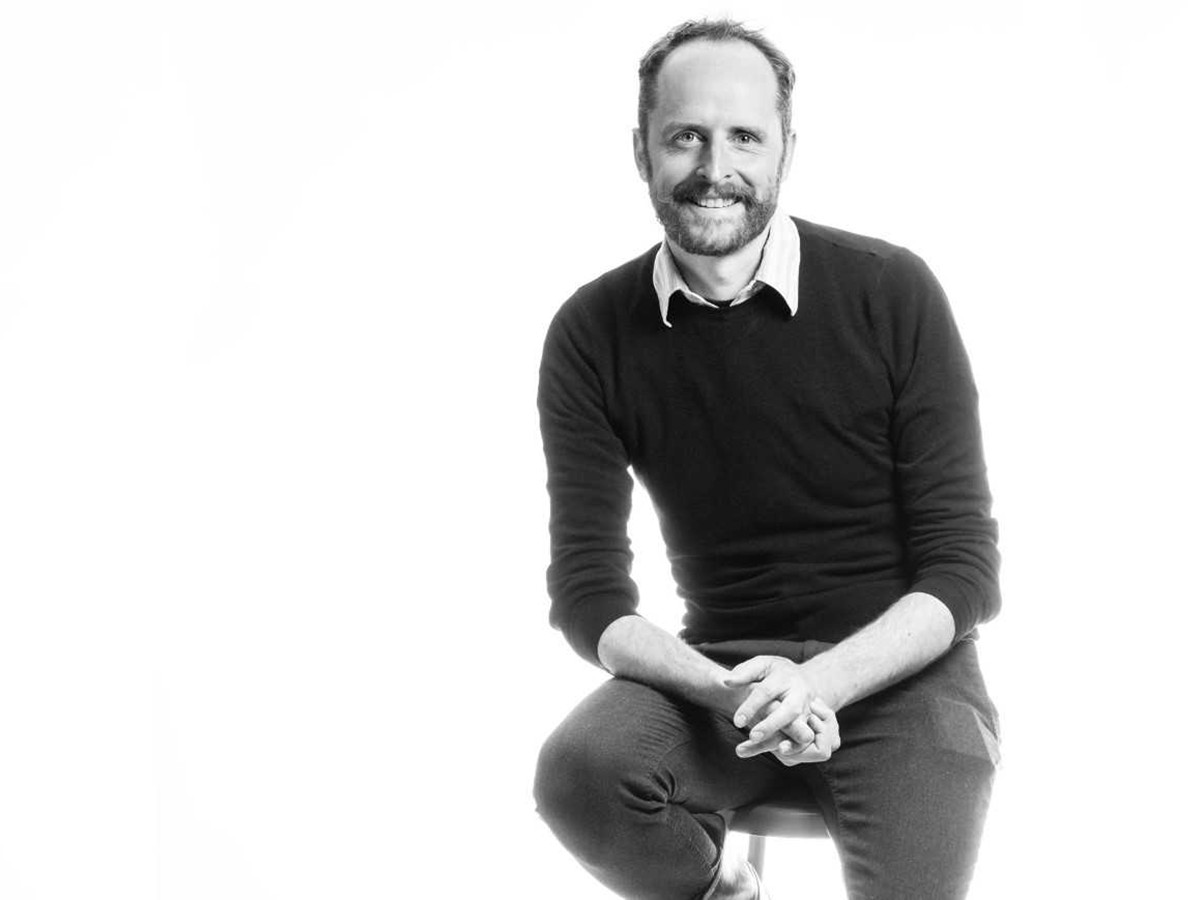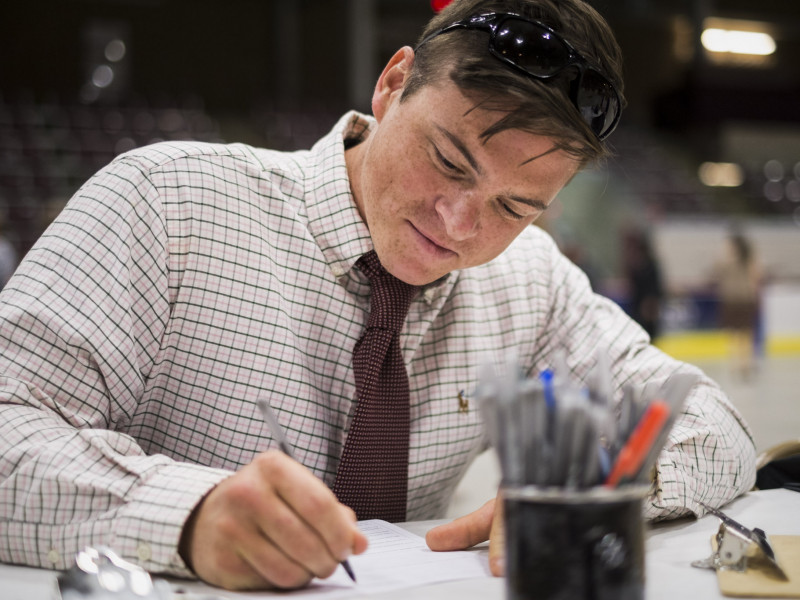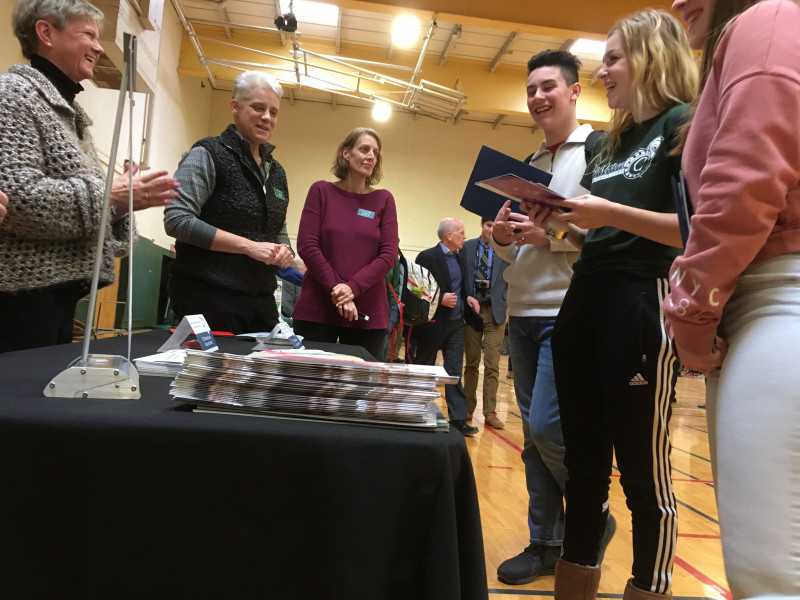
When you talk to Richard Witting, it’s easy to get the feeling that he’s onto something big. He’s full of impatience and ideas. He does a bit of explaining with his hands. His words seem to have trouble keeping pace with his thoughts.
“I didn’t work well with school, but I was smart. I would skip school and go read books,” he says. He dropped out of high school at 17, tried a few classes at CCV, and then moved to the West Coast for more than a decade. In Portland and San Francisco, he returned to familiar work: food. “I always loved cooking and eating, and my mom always really encouraged that,” he says. “I just basically worked in restaurants my whole life. But I guess for me there was always this thing where I’m not particularly satisfied working in one restaurant…I think it’s because I have a mind that wants to be doing more.”
That search for more eventually led him back to Vermont, where he re-enrolled at CCV. For Witting, a young man with a serious intellectual bent who hadn’t always found classrooms the most stimulating places to be, CCV was a good match. “I got a lot of chances to sort of explore and get to know school, because I never had,” he said. He credits his advisor, Marianne DiMascio, with helping him explore his interests and connect with the right classes and instructors. She was the one who recommended that he take an anthropology class. “I have no idea what anthropology is,” he remembers thinking, “and she’s like ‘you have to take Larry Ziegler’s class on anthropology.’ So I took his class, and it blew my mind. After that I [realized] ‘this is what I want to do, this is definitely the route, this is the thing. I’ve found it.’”
The rest is history.
Today, he is onto something big: he’s pioneering new ways of bringing together a passion for food and a fascination with human culture and history. As he notes, there’s not really a job title out there for someone like him, who is stretching the boundaries of traditional chef-work to ultimately make eating a more academic endeavor. You might call him a culinary anthropologist: After graduating from CCV, he earned a degree in English and anthropology from UVM. He was the founding chef at the popular Burlington eatery Duino Duende, which serves international street food. He launched his own catering company with an emphasis on global cuisine, Firefly Catering (which has been a main attraction at CCV-Winooski’s annual International Food Festival for years).
In 2011, he started the Isole Dinner Club, a pop-up dinner series. He’s the chef, curator, and architect behind an experience designed to inspire appetites and intellects. He explains: “One series I’m doing is the history of English literature and food. So I did a Beowulf dinner, we had a guest lecturer who read Beowulf in Old English, and then I was doing a historic recreated menu from the time period. So it’s sort of taking my anthropology, my food, and then my connections to UVM and my professors…each dinner I’m doing connects to a different community.”
Witting says the study of different communities gets to the heart of his intellectual curiosity. “Anthropology…I don’t know if it gives you an answer but it gives you the better questions…you know, there’s a story of who we are as humans, and anthropologists are looking at it.”
With this theme in mind, he describes one of his favorite dishes to prepare, a Brazilian stew known as feijoada. “It’s black beans with the sort of un-useful pieces of meat from pigs, ears and stuff, and then these sides—oranges and collard greens and cassava flour that’s been fried,” he explains. “It’s this mixture of the history of Portuguese expansion…it breaks down the idea of separation, like I’m different than a person in Brazil or that being an American is anything or being a Brazilian is anything. We’re all part of this huge story of humanity.”



